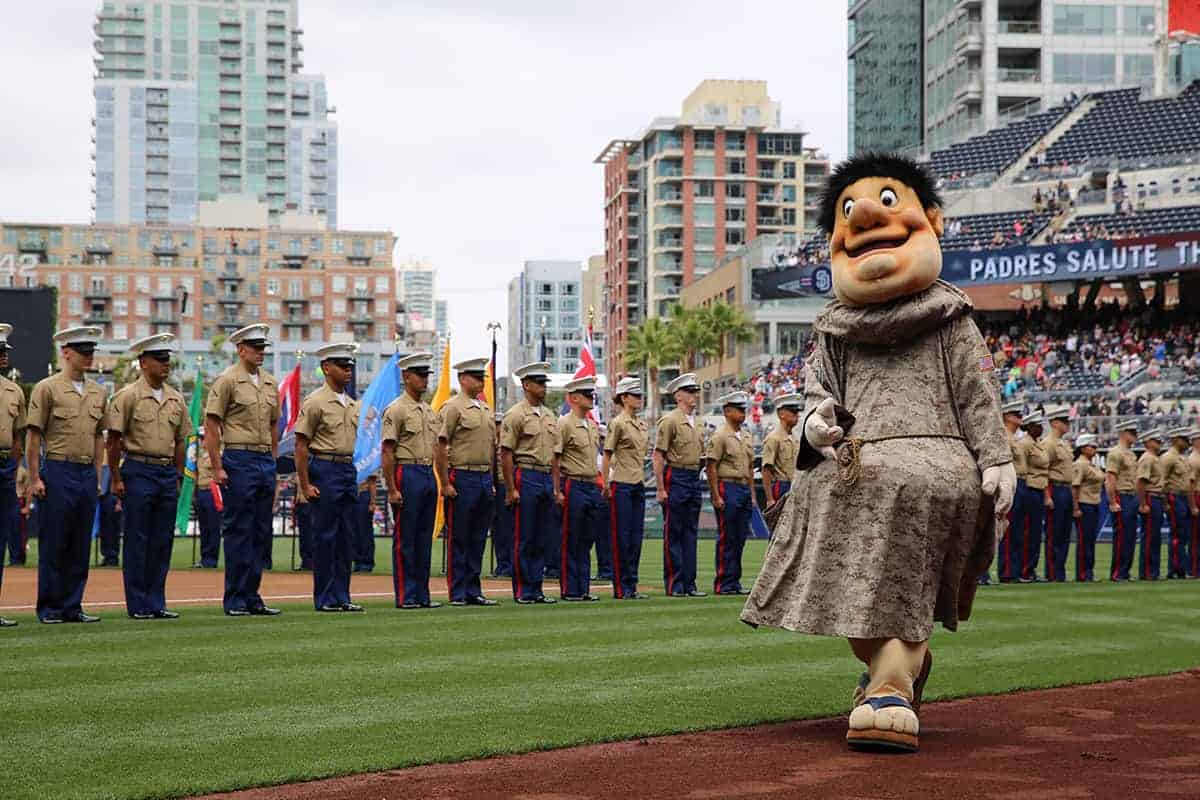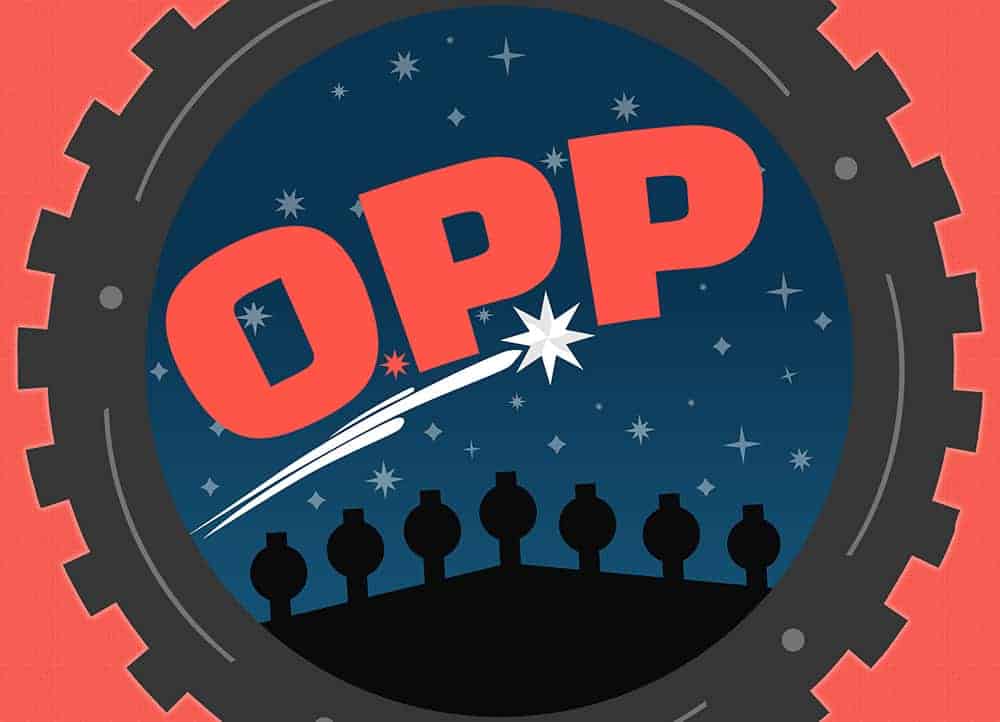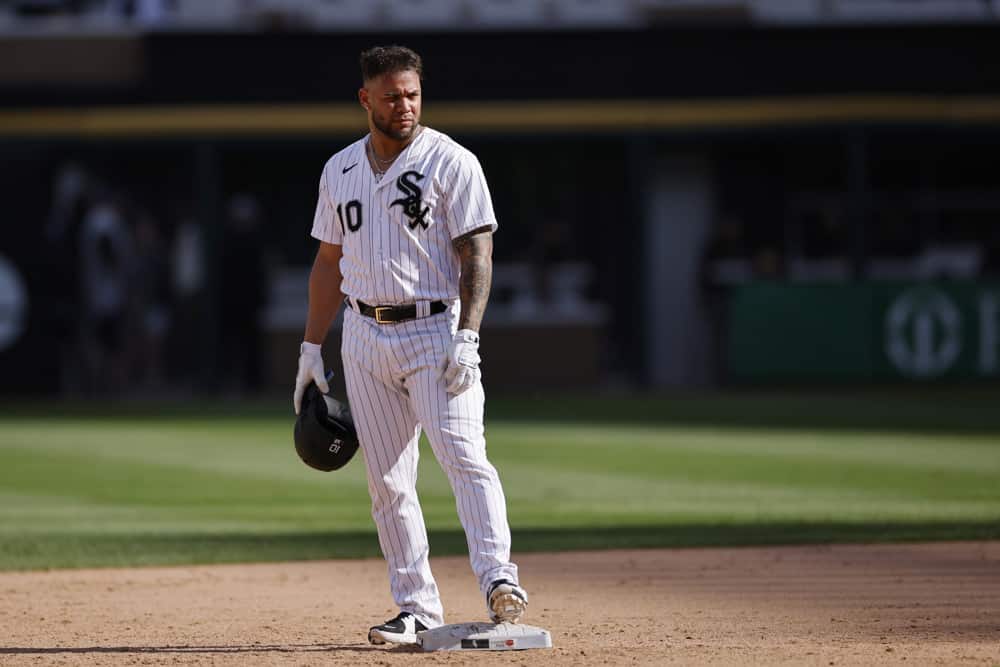Time supposedly heals all wounds, but a week into monitoring the Manny Machado-shaped lesion on the White Sox, sepsis seems like a real threat.
There's Nolan Arenado, the best impending free agent third baseman on next year's market who rudely removed himself from the running by signing an extension with the Colorado Rockies. The terms -- seven years, $234 million, opt-out clause after 2021, no-trade clause until he hits his 10-and-5 rights -- suggest no perceptible hometown discount, just a team that really wanted to keep the star it drafted and developed. That leaves Anthony Rendon as the only Machado-like/lite player set to hit free agency after the season, and Arenado's extension shows how quickly that can vaporize.
There's also this Sports Illustrated story, which shows the White Sox front office getting outgunned by Padres chairman Ron Fowler and GM A.J. Preller.
Preller recalls a Tuesday of stymied deals at December’s Winter Meetings and a late night awake in his suite. At 5 a.m. that Wednesday he called assistant general manager Josh Stein. “Forget all these trades,” he said. “Let’s go get Machado.” Preller agrees that their pursuit intensified after the $175 million rumor. (“We obviously overbid by a lot,” he jokes, “If we got him for 300!”)
The Padres knew the rumors could not be true, because Lozano had told them he would not grant meetings to teams offering less than $250 million. Still, they were intrigued. They had payroll flexibility and prospect capital. The plan had been to use the prospects to bring back stars; maybe it was time to take advantage of the payroll flexibility.
“We heard over and over that the number had to start with a 3,” Fowler says. “I jokingly said, ‘Well, 300’s only 20% higher than 250.’”
And now here's Rick Hahn, who offers no satisfying answers to direct questioning from Scott Merkin. There's some of the filibustering and token self-flagellation you'd expect, but even the most direct answers offer nothing in the way of sustenance.
For instance, when Merkin asks about whether the organization has a philosophy against opt-outs, Hahn says:
“Everything can be included if it made sense. It’s all about balancing. There’s interest to both sides to try to balance and make it work to both sides. There’s no hard line of ‘No, we can never do X.’ There’s a case for everything.”
If the White Sox indeed had a philosophy against opt-outs, they probably wouldn't come out and say it, anyway. The other possibility is that this sounds true in their heads, but if an opt-out is one of the sticking points in negotiations with a player of Machado's caliber and the team doesn't budge, that's what a hard line would look like, right? Practice trumps theory here.
But even better is this exchange:
Why not take the money proposed to Machado and present a higher guarantee to another premium free agent such as Bryce Harper?
“I’m not going to get into any of that.”
Alriiiiiiiiiiiiiiiiiiiiiiiight.
If there's part of me that feels sorry for Hahn, it's because he has to answer for a deal for which Jerry Reinsdorf had the final say. If Reinsdorf wouldn't guarantee anything more than eight years and $250 million, and if he wouldn't offer concessions like opt-outs, there's little Hahn can do. Under these constraints, I can see why trading for Yonder Alonso and signing Jon Jay would feel like a creative end-around, even if they would've been better served using those resources to offer Machado $262 million and seeing if that kept a latecomer like the Padres at bay.
If the failure lies more with Hahn and Kenny Williams than Reinsdorf, then it's an unfortunate byproduct to the job security a Reinsdorf organization fosters. In a lot of cases, a GM who had overseen six losing seasons in as many tries would throw a Hail Mary contract at a Machado type in hopes of shaking the team loose from its doldrums, with the consolation that any further failure would be cleaned up by another administration.
Here, when Hahn talks about the "comfort level and risks that come with an 8- to 10-year commitment," he's probably going to be there at the end of those eight to 10 years, regardless of whether the postseason drought is 18 to 20 years long by then.
All of it is unsatisfactory, because no matter who's to blame, fans are left with the knowledge that the White Sox went scorched-earth with their rebuild without a real intent to supplement it with top-end talent. It might not be the end of the world -- thank you, AL Central -- and maybe Yoan Moncada indeed solves third base, shifting the depth chart hole to a more solvable position. Still, the world is now a lot harder and less enjoyable than it had to be, which is problematic for an entity that is allegedly in the entertainment industry.
There's cold comfort in Hahn promising to spend the resources earmarked for Machado, because if their "financial flexibility" can only be used on players who don't threaten to set the market, then history says it's not money well spent. The White Sox' previous attempts to build a contender were crippled by their inability to find adequate players at non-premium costs. Some teams know how to shop at T.J. Maxx, but the White Sox end up wasting money on clothes that don't make it through a washing cycle.
The whole point of the rebuild was to reduce the costs of stocking a roster with legitimate starters, thus opening up the top of the market for perfect fits. A Machado-like signing would've eased a lot of the pain from two hard years of tanking. Alas, when the White Sox were presented with a golden opportunity to make a splash, they instead they skulked down from the high dive, put on a t-shirt and sat in the car.





